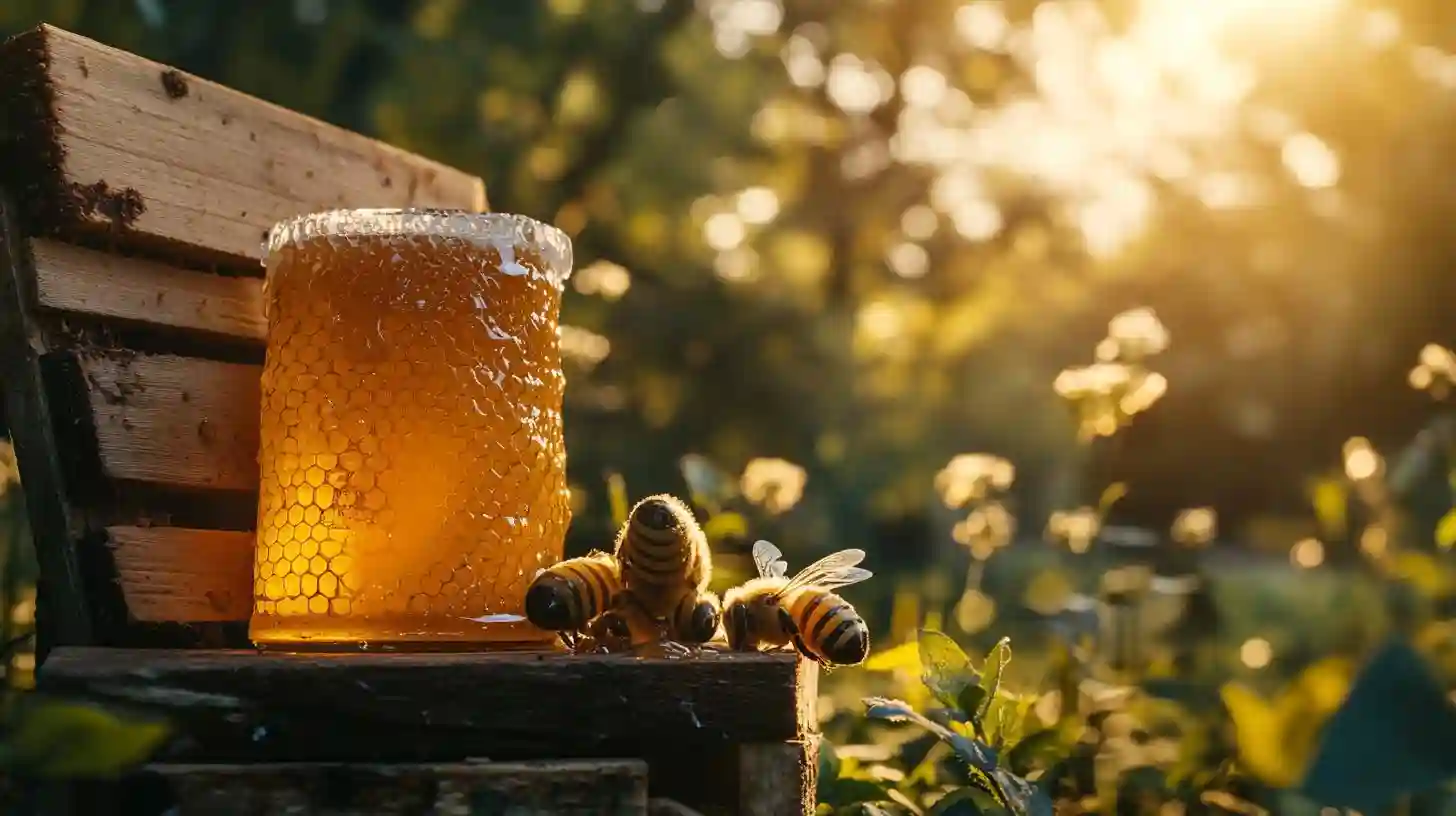
Thoughtvaultzone

Honey is often cherished not only for its sweet flavor and versatility in culinary applications but also for its remarkable longevity. This natural substance, made by bees from nectar, has a unique composition that allows it to endure the test of time. What makes honey stand out among other food items is its ability to remain preserved indefinitely, raising questions about what exactly contributes to its eternal shelf life.
The primary factor underpinning honey's longevity lies in its chemical structure. Honey has a low moisture content, typically around twenty percent or less, which inhibits the growth of bacteria and mold. When bees convert nectar into honey, they reduce the water content through a process of evaporation. This low water activity creates an environment that is inhospitable to microorganisms, effectively ensuring that honey does not spoil as many other food products would.
In addition to its low moisture content, honey is naturally acidic, with a pH level usually ranging from three to four. This acidity not only adds to its distinct flavor but also acts as another barrier against bacterial growth. Most harmful pathogens and bacteria struggle to thrive in acidic environments, further contributing to honey's longevity. It is this combination of low water content and acidity that makes honey a true marvel of nature, providing a natural preservative that many modern foods lack.
Another element that enhances honey's durability is the presence of hydrogen peroxide. Bees produce this compound as a byproduct of the enzyme glucose oxidase when they convert nectar into honey. Hydrogen peroxide is well-known for its antibacterial properties, making it another line of defense against microorganisms. The natural production of hydrogen peroxide means that honey can defend itself against potential spoilage without the need for artificial preservatives, adding to its allure as a health-conscious alternative.
Ancient practices offer fascinating insights into honey's longevity. Archaeological findings have revealed pots of honey discovered in ancient Egyptian tombs, perfectly preserved after thousands of years. This remarkable example showcases how honey can maintain its qualities over extended periods when stored in suitable conditions. The fact that honey has been found intact in such situations is a testament to its unique composition and protective properties. Unlike most food substances that would degrade over the years, honey emerges from history as a treasure trove of flavor and nutrition.
Yet another intriguing aspect of honey's ability to withstand time is the role of antioxidants. Honey contains various compounds that exhibit antioxidant properties, which can help protect it from degradation. Antioxidants work to neutralize free radicals and prevent oxidative stress, which in turn plays a part in maintaining the integrity of the product. This natural defense mechanism not only aids honey in lasting longer but also contributes to its potential health benefits when consumed.
Honey's storied past and cultural significance demonstrate why it has been revered across civilizations. Various cultures throughout history have utilized honey not only as a sweetener but also for its medicinal properties, believing it to be a source of healing. Its use in traditional remedies showcases the deep-seated respect for this natural product and the acknowledgment of its potential benefits for health and wellness.
When it comes to storage, while honey can last indefinitely under ideal conditions, it is essential to keep it sealed and in a cool, dark place to maintain its quality. Exposure to air and light can contribute to changes in flavor and color over time, although it may still remain safe to consume. Interestingly, crystallization can occur as honey ages, leading to its solidification or grainy texture. This process does not indicate spoilage. In fact, crystallized honey can be returned to its liquid state through gentle heating, making it a versatile pantry staple that can adapt to various culinary needs.
The combination of honey's low moisture content, acidity, natural preservatives like hydrogen peroxide, and antioxidant properties crafts a narrative of longevity that is remarkable in the food world. Its endurance through centuries speaks to its resilience as a natural substance that is not only delicious but also a testament to nature's ingenuity. Whether used in recipes, as a natural sweetener, or for its health benefits, honey stands as a unique offering from the natural world, captivating our taste buds and sparking our curiosity about the wonders of substances that defy time and decay.